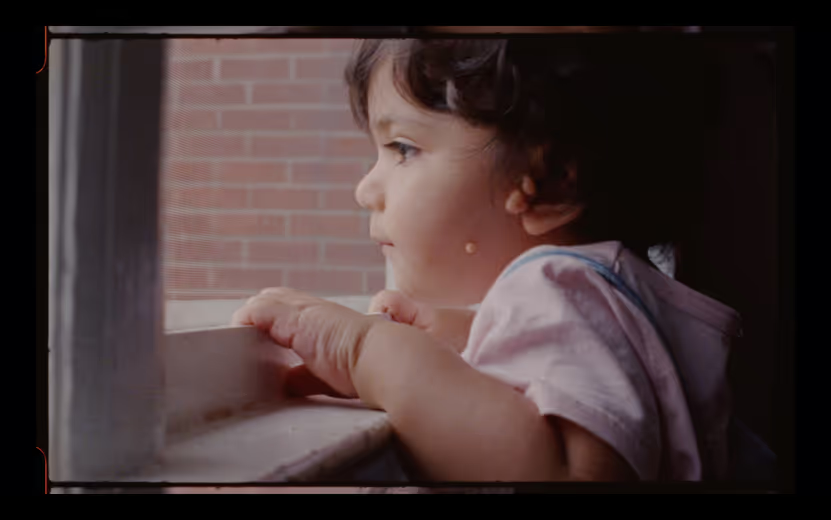Discussion Guide
Grades 6-8
Grades 9-10
Grades 11-12
A Broken House Discussion Guide Discussion Prompts
Discussion Prompts

STARTING THE CONVERSATION
Immediately after the film, we suggest giving people a moment to stop and reflect. You could play some soft instrumental music or let people enjoy the silence. You could pose a general question (examples below) and give people some time to themselves to jot down or think about their answers before opening the discussion. Alternatively, you could ask participants to share their thoughts with a partner before starting a group discussion.
Warm up:
- What does ‘home’ mean to you? Has the feeling of ‘home’ evolved over the course of your lifetime? If so, what changed? If so, how have you been changed?
- What are your initial thoughts/feelings after watching the film?
Impact:
- How does proximity and shared experience define community or family?
- What do you do to establish a sense of home in a place where you work or live?
- What part of the film did you identify with most? Why?
- Which aspect of the film caused feelings of estrangement/discomfort? Why?
- Did any moment in the film inspire you? If so, which part?
- Did anything surprise you while watching the film?
- What was the most challenging part of the film to watch?
- Did this film make you think differently about the ideas of “home” and or “family?” If so, in what ways?
Going deeper:
- What impact does Hafez’s art work have on you when you see it?
- How did Hafez use art as a mode of processing and towards healing the personal impacts of war?
- How do you relate to Hafez’s use of artistic creation to process personal loss? In what ways have you used creativity to process difficult circumstances or emotions?
- How does creativity help Hafez heal? How does it help you?
- Describe a time when you “made home.”
- How did this film make you think differently about the impact of war?
- This is a film about war that shows no violence against human beings. How does that affect how you experience the imagery of war? Does seeing violence make you feel more empathetic to the subject matter or less? Why?
- How did this film make you think differently about the importance of cultural memory? Of familial memory?
- In what ways do national border policies complicate the resettlement process for refugees fleeing persecution or war?
- Mohamed’s urges his mother to leave Damascus and come to the United States to live. She refuses. Do you identify with Mohamed or his mother?
- How did this film invite you to reflect on assumptions you/we make about refugees and the lives they’ve lived? How does this film inspire you to resist assumptions about the lives of refugees, specifically about the lives they lived before becoming refugees?
- What can we do to create a sense of community when we are displaced or when we are welcoming someone who has been displaced?
- How do you hold onto a place when you leave? How would this change if you knew you couldn’t return?
- What did you learn that you had not heard of before?
- Is there anything you’re hoping to learn more about?
- In what ways, if any, does this film inspire you towards action?
- What does this film have to teach us about what all is lost in political conflict? What are the personal, cultural, emotional, spiritual, and familial costs of war?
